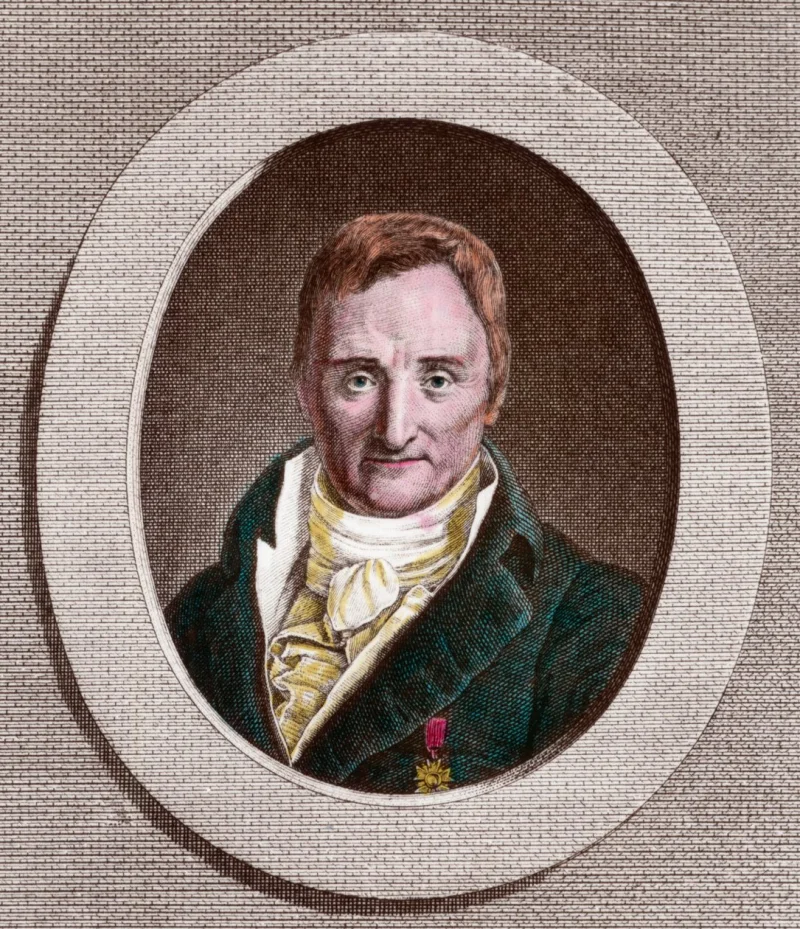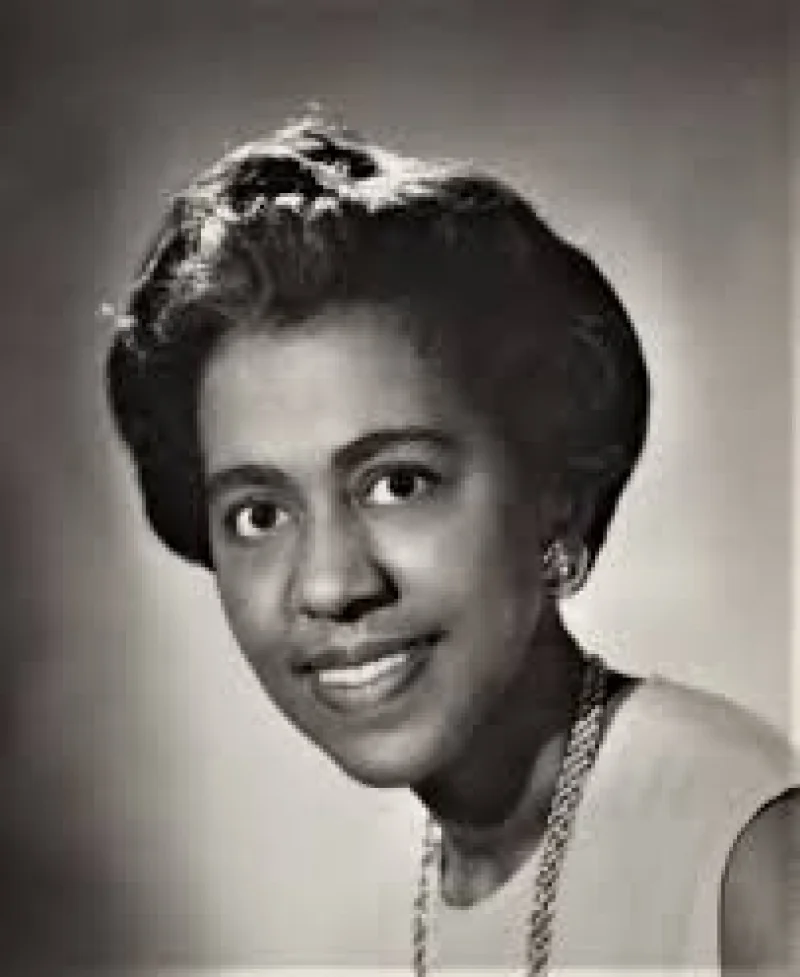Short Summary
Ronald Fisher was a pioneering British statistician and geneticist whose work laid the foundations for statistical science and the theory of population genetics. He is renowned for his development of the analysis of variance (ANOVA) and his contributions to the design of experiments. Fisher's innovative statistical methods have had a profound influence on scientific research across various disciplines, making him a central figure in the history of statistics and genetics.
Early Life & Education
Ronald Aylmer Fisher was born on February 17, 1890, in East Finchley, London, England. He was the youngest of seven children in a family with a strong academic background. Despite facing vision problems, Fisher excelled in mathematics from an early age. He attended Harrow School, where he developed a keen interest in evolutionary theory. Fisher proceeded to study mathematics at Gonville and Caius College, Cambridge, where he was influenced by prominent mathematicians and biologists. His early academic experiences and personal challenges significantly shaped his future contributions to science.
Career Highlights
Fisher began his career in 1919 at Rothamsted Experimental Station, where he applied statistical methods to agricultural research. His work there led to the development of the analysis of variance (ANOVA) and the design of experiments, which revolutionized scientific research methodologies. In 1933, he became the Galton Professor of Eugenics at University College London, and later, a professor of genetics at the University of Cambridge. Fisher's collaboration with John Maynard Smith further advanced the field of population genetics, solidifying his role as a leading figure in both statistics and genetics.
Major Achievements
- Developed the analysis of variance (ANOVA), transforming data analysis in scientific research.
- Authored "The Genetical Theory of Natural Selection," integrating Mendelian genetics with Darwinian evolution.
- Pioneered the design of experiments, optimizing experimental efficiency and accuracy.
- Introduced the maximum likelihood estimation method, a cornerstone in statistical inference.
- Contributed to the establishment of modern population genetics, influencing evolutionary biology.
Famous Quotes
- "The more highly adapted an organism becomes, the less adaptable it is to any new change."
- "To call in the statistician after the experiment is done may be no more than asking him to perform a post-mortem examination."
Interesting Facts
- Fisher was a skilled chess player, often engaging in mathematical analysis of chess strategies.
- He was a vocal advocate for the application of statistical methods in various scientific fields.
- Despite his significant contributions, Fisher's views on eugenics have been a topic of controversy.
- He was knighted in 1952 for his contributions to statistics and genetics.
- Fisher's work laid the groundwork for modern statistical genetics, influencing countless researchers.
Legacy / Influence
Ronald Fisher's pioneering work in statistics and genetics has had lasting impacts on scientific research methodologies. His development of statistical techniques such as ANOVA and the design of experiments are foundational tools in research across numerous fields. Fisher's integration of genetics with evolutionary theory has profoundly influenced the study of biology, ensuring his lasting legacy as a trailblazer in both statistics and genetics.
FAQ
Q: Why is Ronald Fisher famous?
A: He is famous for his foundational contributions to statistics and genetics, including developing ANOVA and advancing population genetics.
Q: What did Fisher develop at Rothamsted Experimental Station?
A: He developed the analysis of variance (ANOVA) and advanced the design of experiments.
Q: What is one of Fisher's major written works?
A: "The Genetical Theory of Natural Selection," which integrates Mendelian genetics with Darwinian evolution.
Q: Was Fisher recognized for his contributions?
A: Yes, he was knighted in 1952 for his contributions to science.













